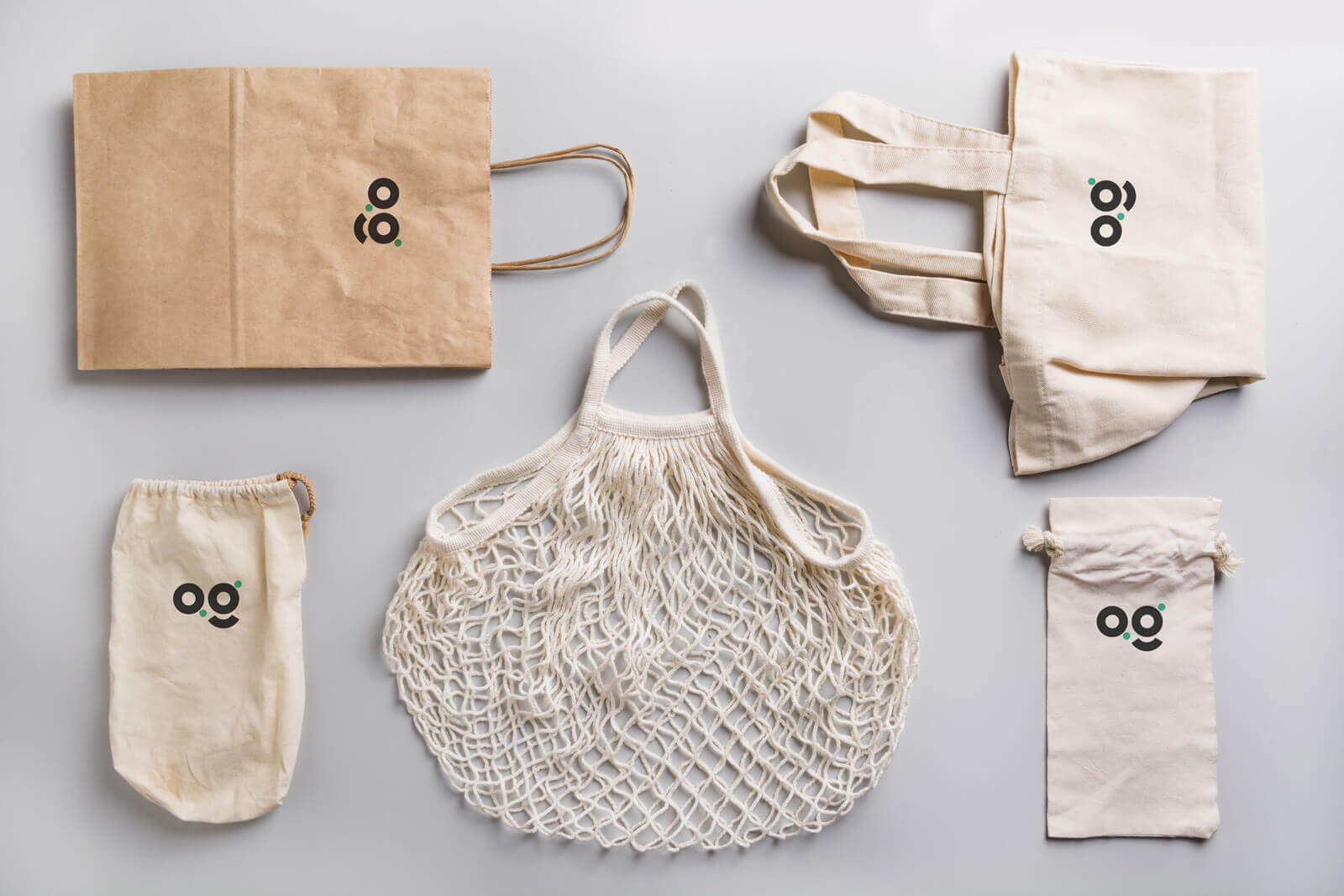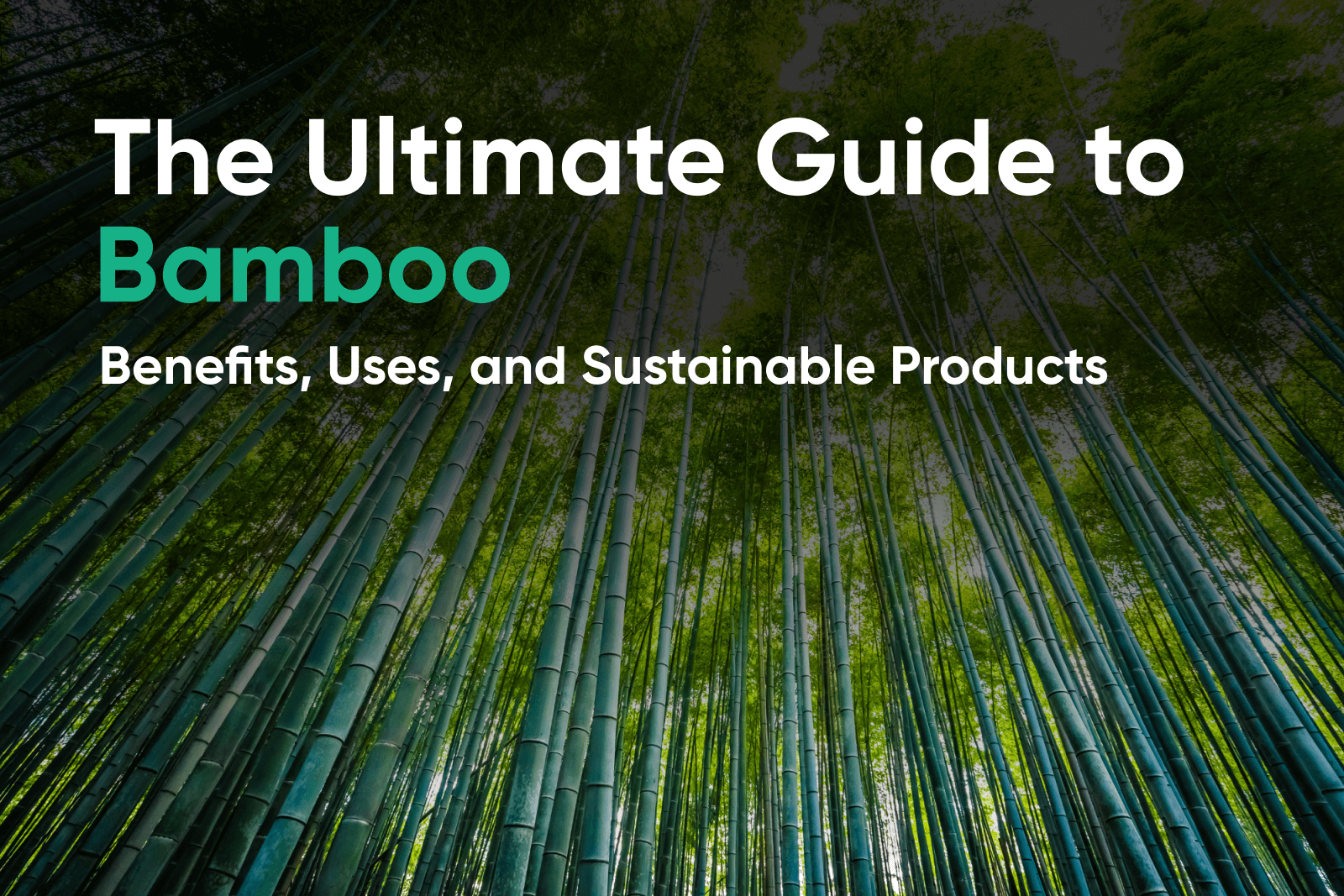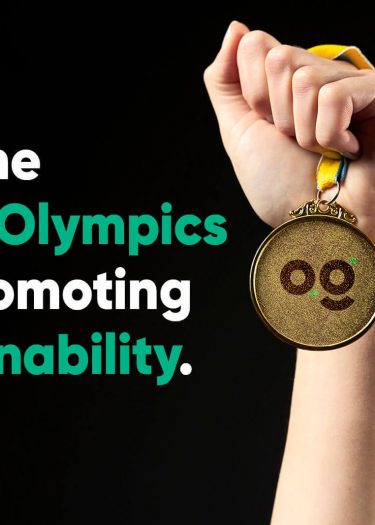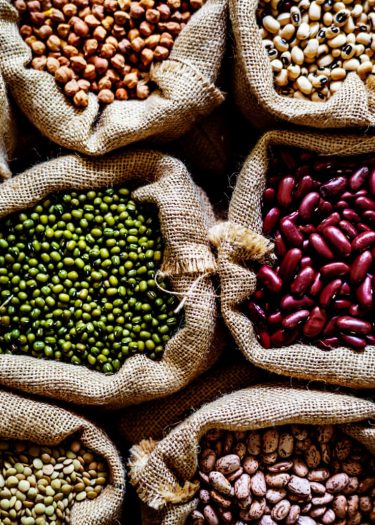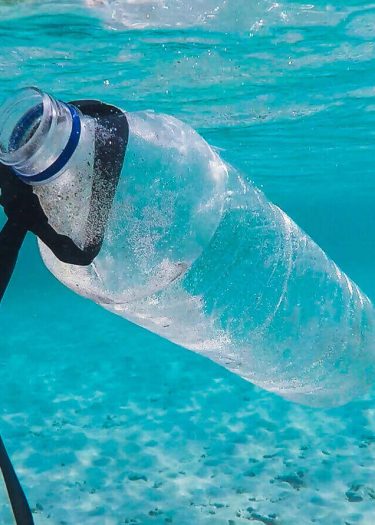Plastic as it is, is very toxic and packaging food items in plastic will only multiply its danger. The innumerable bans announced by the government has conveyed to people that something is not right with Plastic. However, Plastic still has its followers because it is cheap and easily manufactured in large quantities. So, we begin our search for a eco friendly packaging alternative to plastic which is equally affordable and that can be easily manufactured in plenty.
PAPER
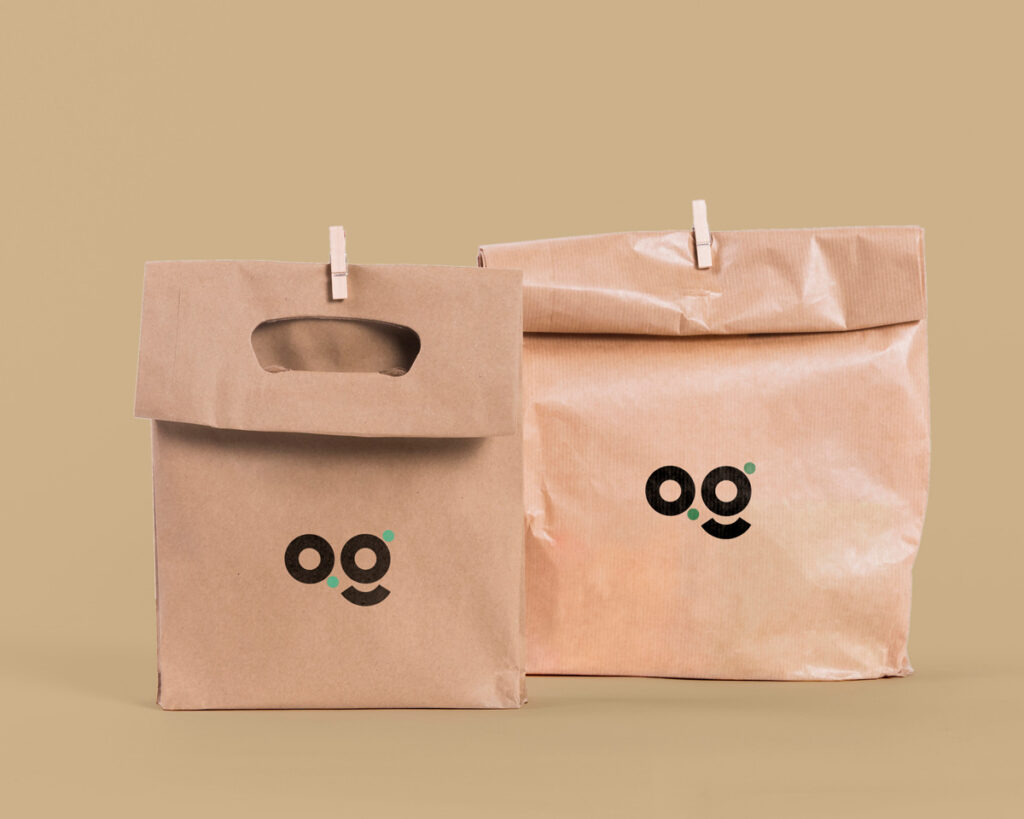
Paper has been the second most preferred choice for packaging material after Plastic. It is biodegradable, cheap, lightweight and can be recycled several times even more times than we can Plastic.
However, paper too has a huge trail of critics that highlight its huge dependence on trees that needs to be felled for its manufacturing.
The Paper industry is also world’s fourth highest energy consuming industry. Most of its energy goes into its manufacturing which depends on coal, wood residues like ‘Tree bark’ and by products like ‘Black liquor’.
Apart from the energy and carbon footprint that adds up during its Manufacturing stage, a lot of it also gets emitted during its Transportation, Consumption and Disposal stages.
After calculating the energy and carbon footprint of all the different stages, it is slightly disappointing because paper does not have a high durability or re usability. Which means it is damaged after being used only a couple of times. Also, it is neither leak proof nor can it be used for carrying heavy objects. And recycled paper cannot be used to carry food items. All this ends up not justifying the high level of deforestation Paper calls for.
CLOTH
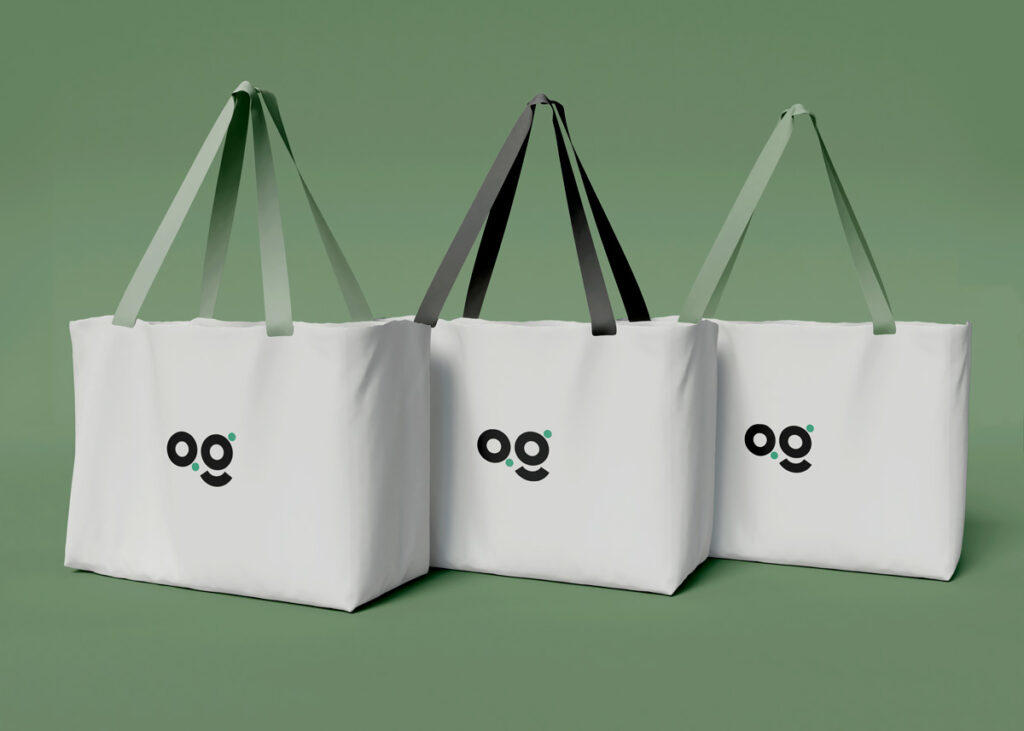
The other largely popular eco friendly alternative to plastic has been cloth based packaging which is biodegradable. But the textile industry is believed to be the fifth most contributor of carbon dioxide on earth. Cotton may be less harmful to our skin as compared to polyester and other synthetic fabrics. But it drains our resources like nothing else does. Not only does it need volumes of water for growing but also requires a lot of energy and whole lot of pesticides and fertilisers to grow well.
Apart from growing the cotton fibre, production of yarn, fabric making, dyeing, manufacturing of bags, transportation and usage are equally energy consuming and carbon emitting jobs, making it one of the worst alternatives to replace Plastic.
JUTE
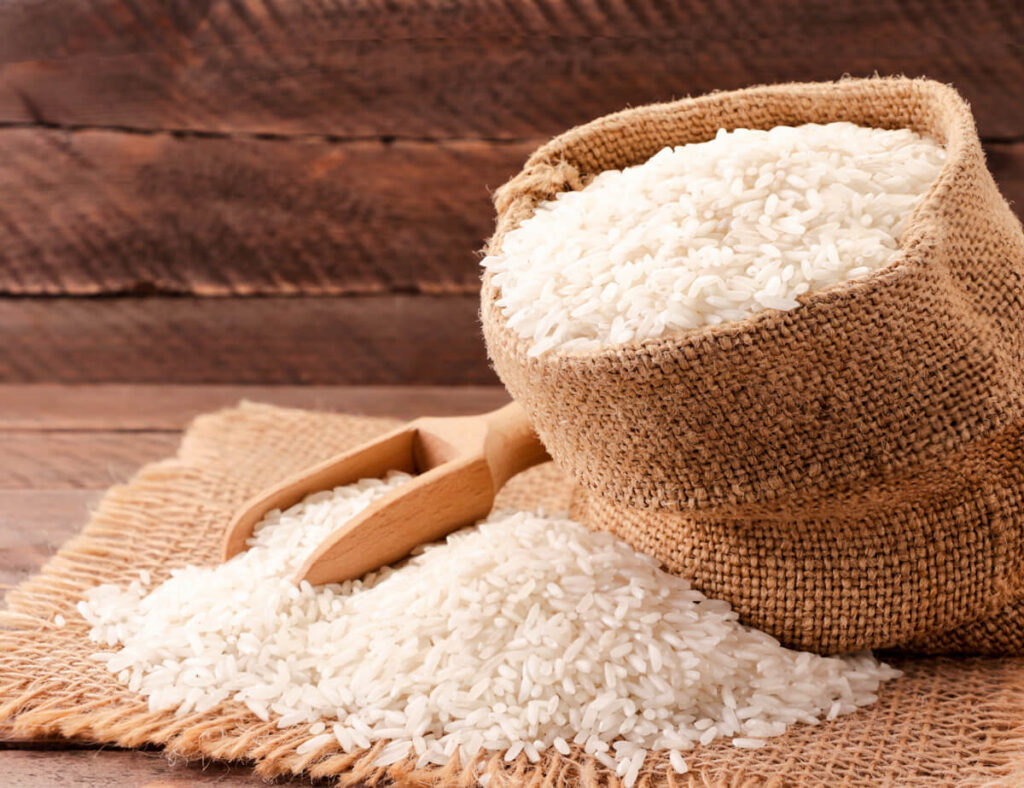
India has a century-old history in jute production and trading. India and Bangladesh had an almost 90% share in Jute production throughout the world. Jute not only grows very quickly but is also very cheap.
Also read about: How to Reduce Plastic Waste and Go Plastic Free
Every part of the Jute plant is of immense value.
- While Jute is produced from the stem of the plant, the rest of the jute stick can be used for making furniture and paper and also used as domestic fuel alternative which will reduce the need for deforestation.
- The roots and leaves nourish the soil. Both roots and leaves are rich in dolomite, urea and sulphates.
- Jute cultivation can be easily done in eco friendly way without any pesticides or chemical fertilizers. All it needs is some cow dung which makes it absolutely harmless and sustainable for the planet.
- While a Jute plant absorbs 7302 thousand tonnes of carbon, it exhales 5309 thousand tonnes of oxygen.
- The plant does not need a lot of water as it can very well grow both in drought and in stagnant water.
- The jute bags can be reused for years and can even hold very heavy commodities.
- And jute naturally decomposes in soil within two years without causing any harm to the soil making it one of the. best biodegradable packaging material.
In 1987, Jute packaging material Act was passed making it compulsory for traders to pack all essential commodities.
Jute slowly lost its market to synthetic gunny bags which in a short span of time managed to pollute the whole planet, for a good many generations to come.
Also read about: Why Jute Fabric is Better Than Other Fabrics?
